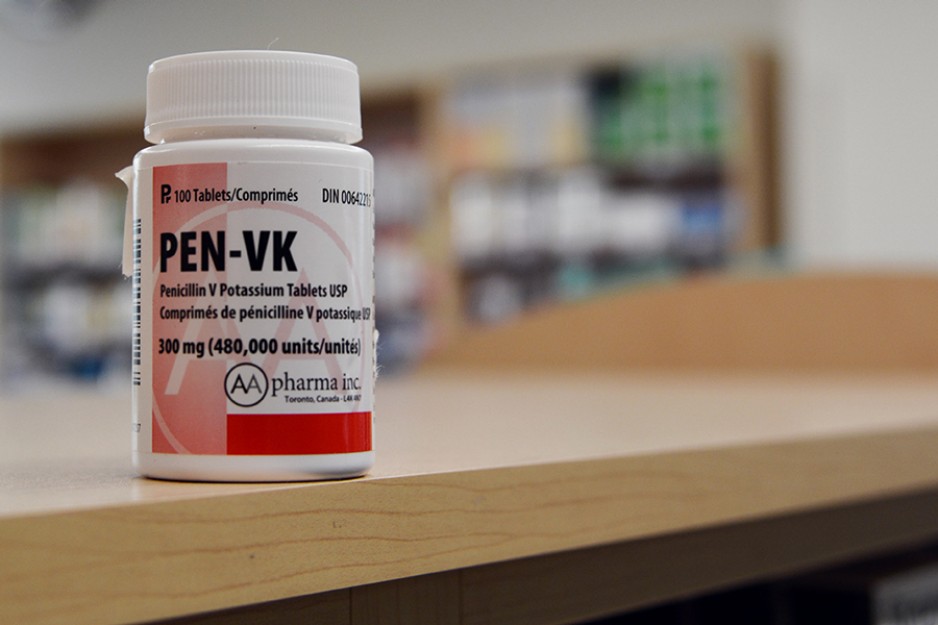Is your penicillin allergy real or an urban legend?
Think you’re allergic to penicillin? One in 10 people believe they have a penicillin allergy but actual numbers are much lower.
Penicillin is an unfortunate bystander in many ‘viral exanthems’ – an immune system reaction that appears as a rash and is caused by viruses, explains Dr. Samira Jeimy, an allergist and immunologist at St. Joseph’s Hospital in London.
“Sometimes an intolerance is mistaken for an allergy, or a reaction is not recalled well, and the urban legend of a penicillin allergy gets passed down, labelling a patient for years,” says Dr. Jeimy. “
But there's good news, she adds. “Even if you had an anaphylaxis reaction to penicillin, you lose 80 per cent of the allergy every 10 years. The immune system constantly adapts.”
So why is it important to determine if a penicillin allergy is bogus or real? Your health, and maybe your life, depends on it.
“As we enter the age of multi-drug resistant bugs, a false label of penicillin allergy carries many risks and costs, with more side effects from alternative antibiotics, more antibiotic resistant bugs like C. Difficile, and longer, more complicated hospitalizations,” says Dr. Jeimy.
Allergists can determine the type of reaction you initially had based on history and testing. Often this includes taking test doses of penicillin in the allergist’s office, for the right patient.
Currently, Dr. Jeimy is collaborating with pharmacists and physician colleagues to implement guidelines for penicillin allergy management for surgeons. Sometimes patients have a vague label of penicillin allergy that prevents them from accessing penicillin and other antibiotics that are similar. Based on the patient’s history, the guidelines allow surgeons to give a patient the medication they need, avoid it altogether, or send them to an allergist for more assessment.
Clarifying the label of the allergy not only helps improve surgical outcomes, but also potentially “liberates” a patient from a lifetime of a false allergy label, explains Dr. Jeimy.
“I joke that allergists are ‘food fairies’ – we like to re-incorporate foods into lives by taking away false labels of food allergy,” says Dr. Jeimy. “Perhaps you can also call us penicillin unicorns. Basically, we are the liberators of incorrect labels.”

